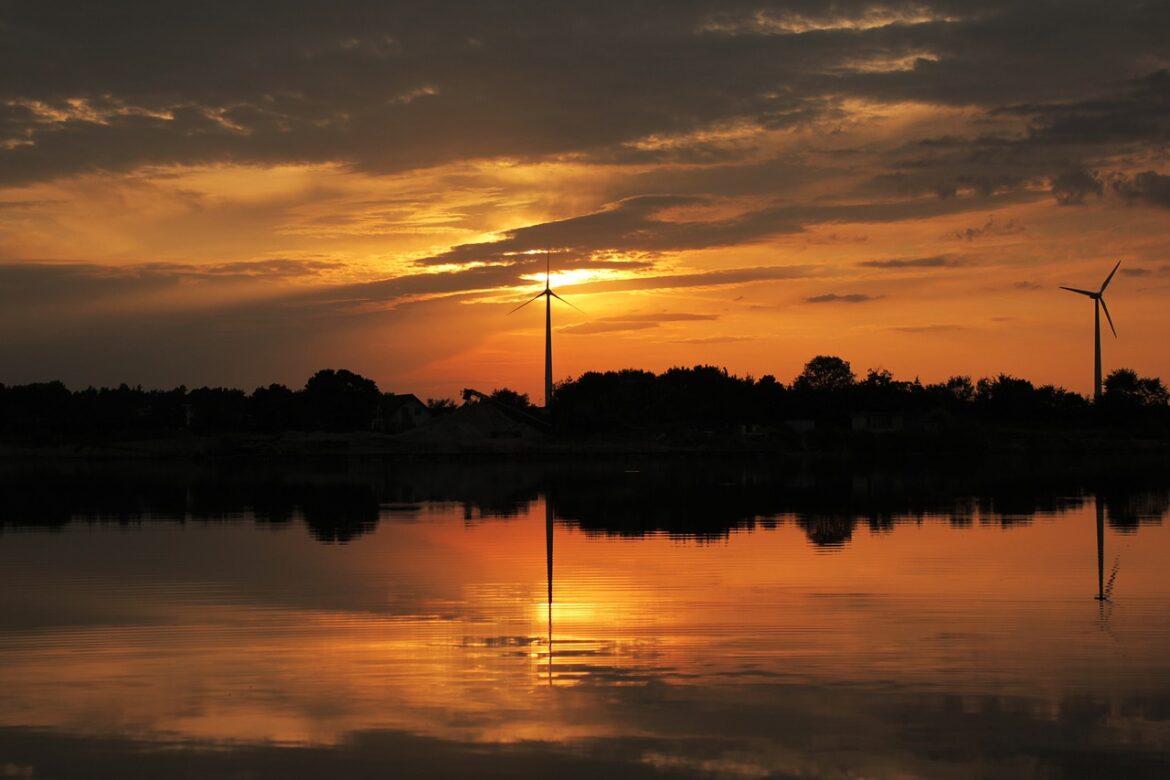Imagine a world where businesses don’t just talk about sustainability but bake it into their DNA. That’s the reality unfolding in 2025, as companies balance rising climate demands with practical innovations. Here’s how the game is changing.
Linde’s Carbon-Cutting Blueprint
Linde, a global industrial gases leader, just scored a sustainability hat-trick by landing in S&P Global’s Yearbook for the fifth consecutive year. What’s their secret? Helping customers avoid 90 million metric tons of CO2 annually—doubling their own emissions footprint. Think of it as a gym buddy who not only gets fit but helps others shred calories too. Their roadmap includes a 2035 emissions target and a 2050 net-zero pledge, proving long-term planning isn’t just for retirement accounts.
California’s Climate Report Card
California is playing hall monitor for big businesses, requiring detailed emissions disclosures. Companies from tech giants to retail chains now face a homework assignment they can’t skip: track every ton of carbon or risk fines. Even businesses outside the state are preemptively auditing emissions, knowing stricter rules might soon go national.
Europe’s Regulatory Tightrope
The EU recently simplified its Corporate Sustainability Reporting Directive (CSRD), letting some smaller players off the hook. But here’s the twist: many companies are still voluntarily disclosing climate risks. Why? Investors want data, and trust-building is now a currency. As one expert put it, “Sustainability reports are the new credit scores.”
Unilever’s Plastic Pact
Unilever’s halfway to slashing virgin plastic use by 50% by 2025. Their secret weapon? Literally cutting the crap—using fewer packaging layers and more recycled materials. It’s like swapping a clunky SUV for a sleek e-bike, proving sustainability often means doing more with less.
Starbucks’ Equity Brew
Social sustainability is rising fast, and Starbucks is stirring the pot. Their focus on racial equity and employee benefits shows how brands are mixing profit with purpose. It’s not just about fair-trade beans anymore—it’s about fair chances for every worker in the supply chain.
References:
- https://sodali.com/resources/insights/corporate-sustainability-in-2025-still-not-optional
- https://www.morningstar.co.uk/uk/news/264018/best-sustainable-companies-to-own-2025-edition.aspx
- https://www.sustainalytics.com/esg-research/resource/investors-esg-blog/public-policy-drives-sustainable-investing-markets-in-2025
- https://members.asicentral.com/news/strategy/april-2025/the-next-5-years-achieve-full-transparency-in-sustainability/
- https://www.winssolutions.org/24-sustainability-trends-2026/
- https://ivypanda.com/essays/words/400-words-essay-examples/
- https://www.linde.com/news-and-media/2025/s,-a-,p-global-selects-linde-for-sustainability-yearbook-2025
- https://www.comnetwork.org/jobs



